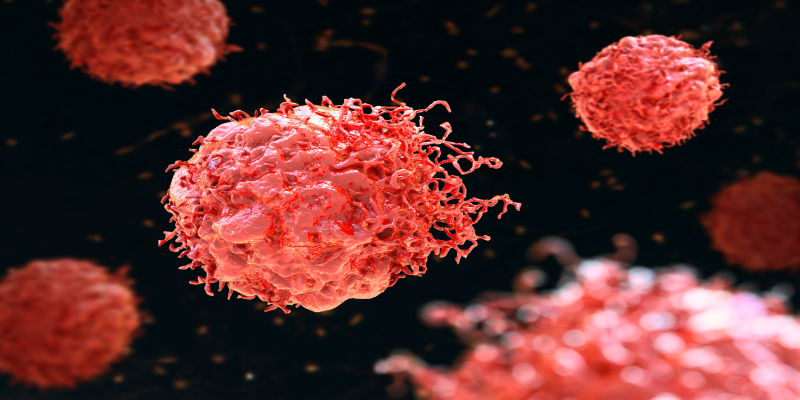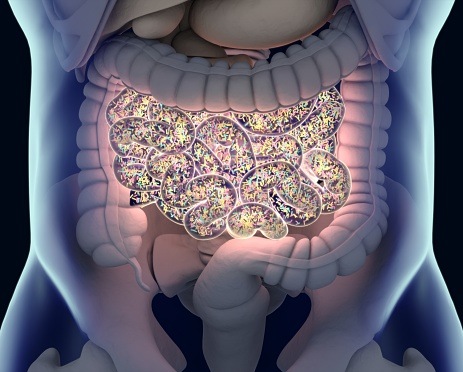
GIST
Advertisement
Final INTRIGUE trial data highlight outcomes of ripretinib vs sunitinib in patients with GIST.
Long-term results support the durable efficacy of binimetinib plus imatinib in treatment-naïve advanced GIST.
Researchers define characteristics of e-GISTS and determine whether endoscopic resection is a treatment option for patients.
Factors including young age and low preoperative PNI were linked to an unfavorable prognosis in high-risk patients with GIST.
A recent retrospective analysis sought to identify novel actionable alterations in patients with SDH-deficient GISTs.
Dr. Weinberg provides a recap of all of the GI oncology data of practice-changing potential presented at ESMO 2024.
Little is known about the details of genomic differences and clinical implications between patients with GISTs.
Researchers specifically used data from the SEER-22 and SEER-17 registries.
The AI model used predictors of recurrence and duration imatinib treatment to determine recurrence risk.
A higher density of CD8+ T cells was linked to a more favorable PFS, but only to a limited extent.
Without surgical pathological confirmation, it is difficult to determine the risk level of GISTs in affected patients.
NeoBOMB1 can be used in the theranostic setting for wtGIST when no effective standard of care treatment is available.
Part 1 of the Peak study shows an “encouraging” safety profile for bezuclastinib plus sunitinib in patients with GISTs.
Rectal gastrointestinal stromal tumors are rare, making up only 0.1% of all rectal neoplasms and about 5.0% of all GISTs.
A study compared the long-term survival outcomes of endoscopic and surgical treatment for GISTs ranging from 5 to 10 cm.
Patients diagnosed with GISTs can face a higher risk of additional malignancies, including genitourinary cancers.
Ripretinib has previously been identified as an effective inhibitor of secondary KIT mutations while in the AL.
Patients with moderate- or high-risk GIST receive adjuvant imatinib therapy following surgical resection.
While imatinib is considered standard-of-care, there is a lack of clinical data for the treatment among elderly patients.
Surgical treatment combined with targeted therapy may improve OS and CSS in patients with GIST-SLM.
Advertisement















 © 2025 Mashup Media, LLC, a Formedics Property. All Rights Reserved.
© 2025 Mashup Media, LLC, a Formedics Property. All Rights Reserved.